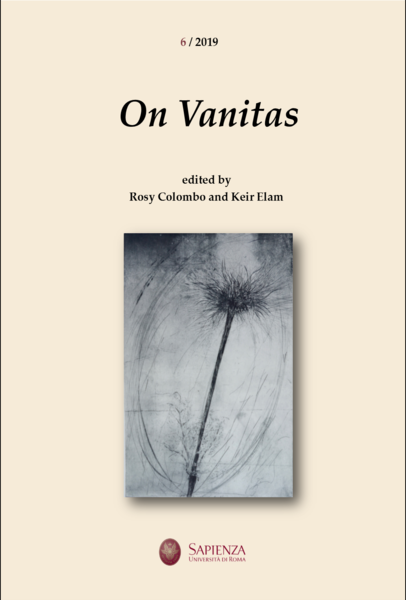Samuel Johnson, William Shakespeare, and the Vanity of Human Wishes
DOI:
https://doi.org/10.13133/2283-8759/16403Abstract
He may be best known for his Dictionary of the English Language (1755), but Samuel Johnson also performed in almost every other literary genre common in the eighteenth century. In all his many varied works of poetry, biography, fiction, and journalism, certain common themes persist. The most conspicuous of these is the vanity of human wishes, or, as the sermonizer in Ecclesiastes 1.14 says, “all is vanity”. It is not surprising, therefore, that this theme appears prominently in Johnson’s edition of the plays of Shakespeare (1765). He worked on this edition on and off throughout the middle part of his career when he was elaborating Ecclesiastes 1.14 in every other genre, and he does so again as an editor. He felt that Shakespeare’s greatest fault was a failure to be explicit about his moral lessons. His role as commentator, he evidently felt, was to articulate the morals he believed should be drawn from Shakespeare, and the moral he finds more often than any other is the vanity of human wishes. That is, above all, what Johnson’s Shakespeare teaches us.
Keywords: Samuel Johnson, Dictionary of the English Language, Shakespeare, Ecclesiastes, Vanity


